Optimal Timing for Erosion Control
Implementing erosion control solutions at the appropriate time can significantly enhance their effectiveness and longevity. The optimal timing depends on factors such as weather conditions, soil stability, and project scope. Properly timed interventions help prevent soil loss, reduce sediment runoff, and protect landscaping and infrastructure.
Spring is ideal for erosion control as soil is moist but not overly saturated, allowing for better establishment of solutions before heavy rains.
Applying erosion control measures after construction minimizes disturbance and ensures long-term soil stabilization.
Timing installations ahead of forecasted heavy rainfall helps prevent erosion during storms.
In dry climates, implementing solutions during dry periods ensures better adherence and effectiveness.
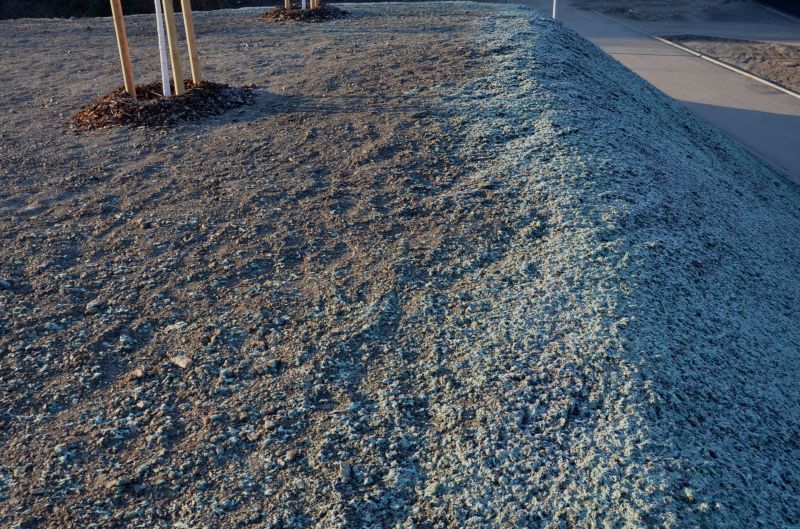
Erosion control measures being installed during optimal seasonal conditions.
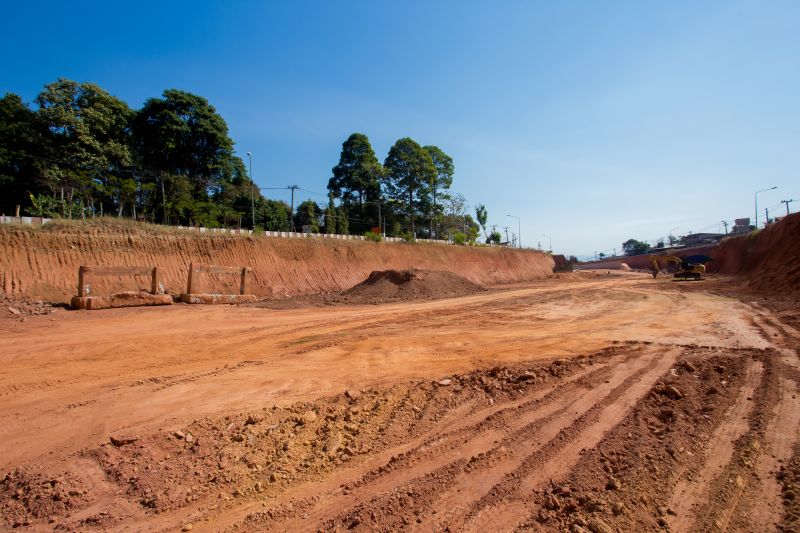
Tools and materials used for effective erosion control during suitable weather.
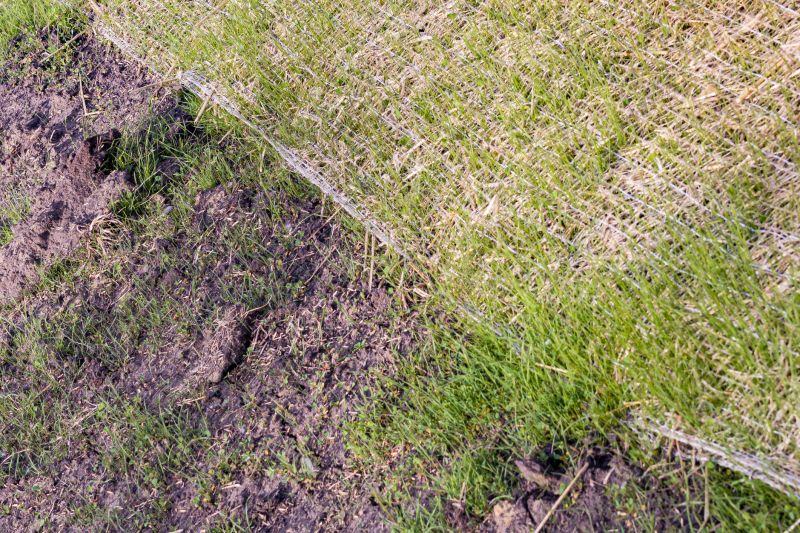
Establishing vegetation to prevent soil erosion during the best planting season.
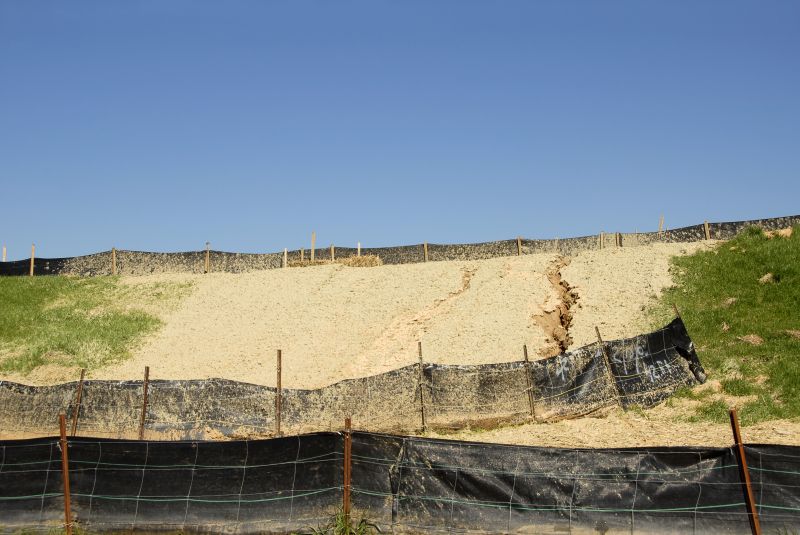
Ways to make Erosion Control Solutionses work in tight or awkward layouts.
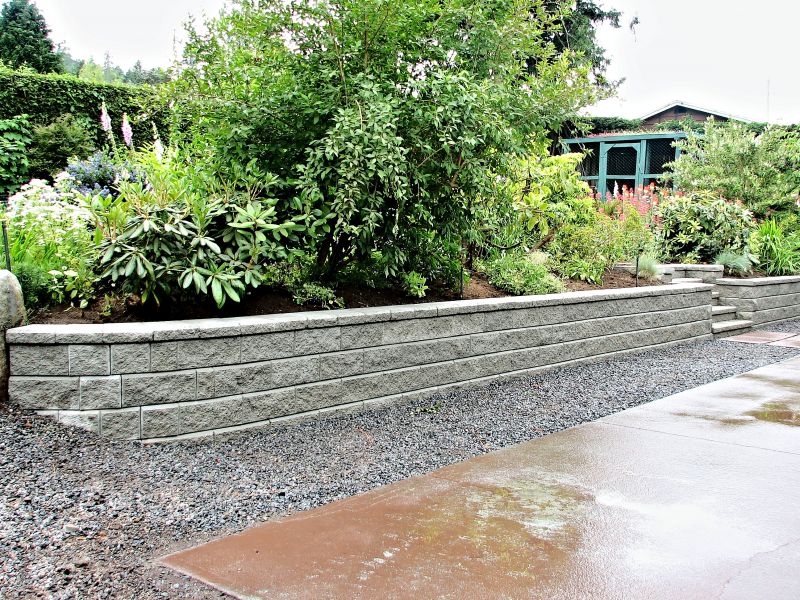
Popular materials for Erosion Control Solutionses and why they hold up over time.
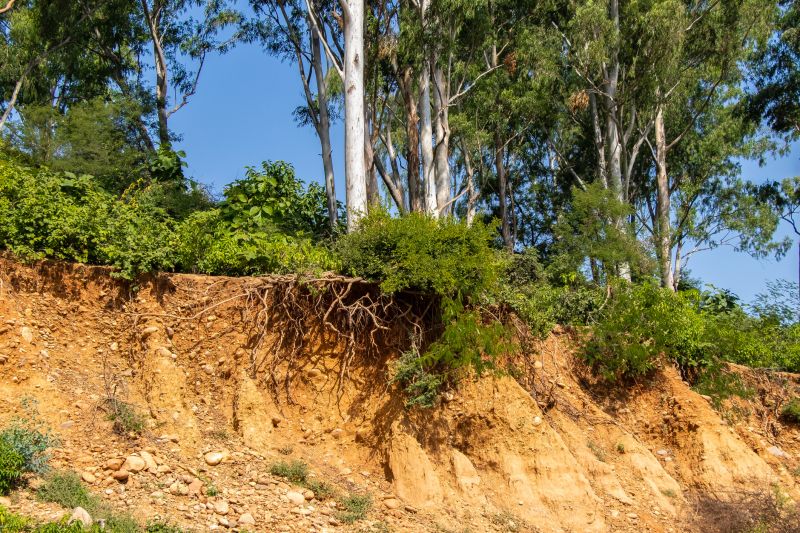
Simple add-ons that improve Erosion Control Solutionses without blowing the budget.
| Season | Advantages |
|---|---|
| Spring | Optimal soil moisture and weather conditions for installation. |
| Summer | Suitable for establishing vegetative solutions in cooler regions. |
| Fall | Prepares sites for winter and reduces erosion risk. |
| Winter | Limited in colder climates; best in milder regions. |
| Post-Construction | Ensures long-term stability after site development. |
Erosion control solutions include a variety of techniques such as silt fences, erosion control blankets, vegetative stabilization, and retaining structures. These measures are essential in managing soil stability, especially on slopes, construction sites, and disturbed landscapes. Effective timing enhances the success of these solutions, reducing costs and preventing environmental impacts caused by soil erosion.
